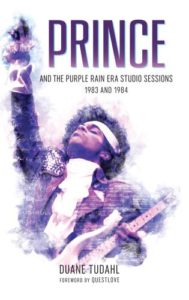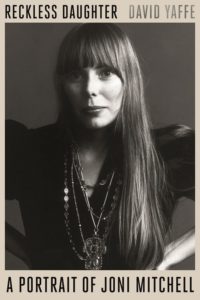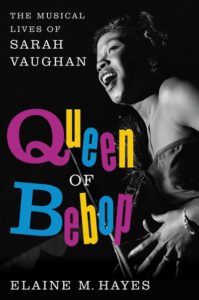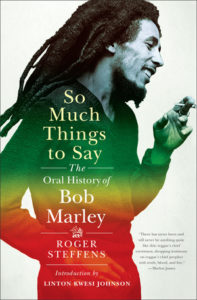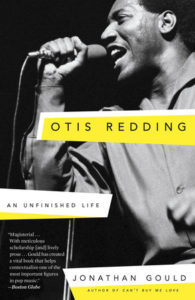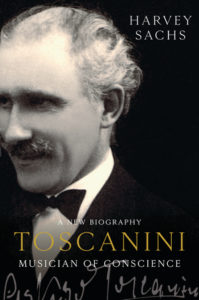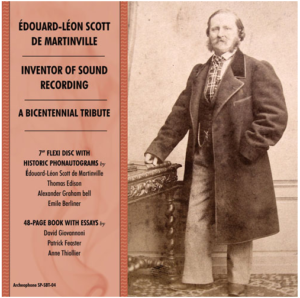Post written by Tim Brooks, ARSC Copyright and Fair Use Committee Chair
On October 11, 2018, the president signed into law the Music Modernization Act, including provisions that greatly facilitate the work of sound archives and scholars. While by no means solving all the problems caused by draconian U.S. copyright law, it for the first time addresses some of those problems head-on and makes an impressive start on others. It is perhaps the most important copyright bill in forty years for those who seek to preserve and make accessible our recorded heritage.
The bill certainly did not start out that way, and the Association for Recorded Sound Collections, led by its Copyright and Fair Use Committee, has been deeply involved in ensuring that the legislation addressed the needs of the public as well as those of creators and commercial interests. Key provisions regarding sound recordings are as follows.
The Good:
- Establishes a true public domain (all uses) for recordings for the first time. Initially this will be for pre-1923 recordings, but later it will include later years as well.
- Applies federal exceptions and limitations for preservation activities (Sec. 107, 108) to all pre-’72 recordings.
- Includes provisions to allow non-profit streaming of recordings which are verified to be out-of-print. This is a start on “orphan works.”
- State law is preempted, ending the “patchwork quilt” of state laws that has so hindered archivists.
The Bad:
- Pre-’23s will enter the public domain only after a three-year “transition period,” i.e. December 2021.
- Later recordings get even longer “transition periods” tacked on to their nominal 95 year term. 1923-1946 recordings will have an effective copyright term of 100 years (95+5), and 1947-1956 recordings a 110 year term (95+15). Recordings made between 1957-1972 will go into the public domain in 2067, as previously.
ARSC has been actively involved in fighting for these changes for at least eleven years, against strong and entrenched interests in Washington, ever since the ARSC Board published its first public position on copyright in 2007. Its first goal was to bring recordings made before 1972 under federal (rather than state) law, which this bill accomplishes. ARSC was primarily responsible for instigating the U.S. Copyright Office study of the “desirability and means” of bringing pre-1972 recordings under federal control (2011), including addressing possible Constitutional issues, and contributed legal and other input to that study. It formed an industry coalition (www.recordingcopyright.org), submitted friend-of-the-court briefs in cases brought by “Flo and Eddie” which sought to head off compromise legislation by obtaining industry benefits through the courts, and it held numerous meetings with government officials and others to apprise them of the unique challenges regarding historical recordings.
Credit is due to many persons and organizations with whom ARSC worked in the course of this long endeavor, notably former Representative David Obey (who sponsored the legislation triggering the Copyright Office study), the U.S. Copyright Office (which carried the study out with thoroughness and professionalism), the public interest organization Public Knowledge (which took the fight to Congress in the critical final months), and Senator Ron Wyden (who championed key changes in the Senate). All were critical to the success of the legislation as enacted.
The Music Modernization Act is compromise legislation in the best sense of the word, where no one got everything they wanted but all benefited. It was totally non-partisan. It contains many provisions benefiting industry stakeholders, among other things streamlining music licensing by setting up a publicly accessible database and a collective to identify and pay owners of songs, distributing royalties for songs whose owners can’t be identified to current publishers, giving recording rights owners their long-sought royalties for streaming of pre-’72 recordings, and for the first time paying royalties to producers of recordings.
This is not the end of the battle for copyright law that better serves the American public. Many things still need to be done, including updating exceptions for preservation work, allowing broad use of orphan works, and reining in overly long copyright terms. I hope that a new generation of ARSC members will take up the fight. This success against overwhelming odds shows that it can be done.

